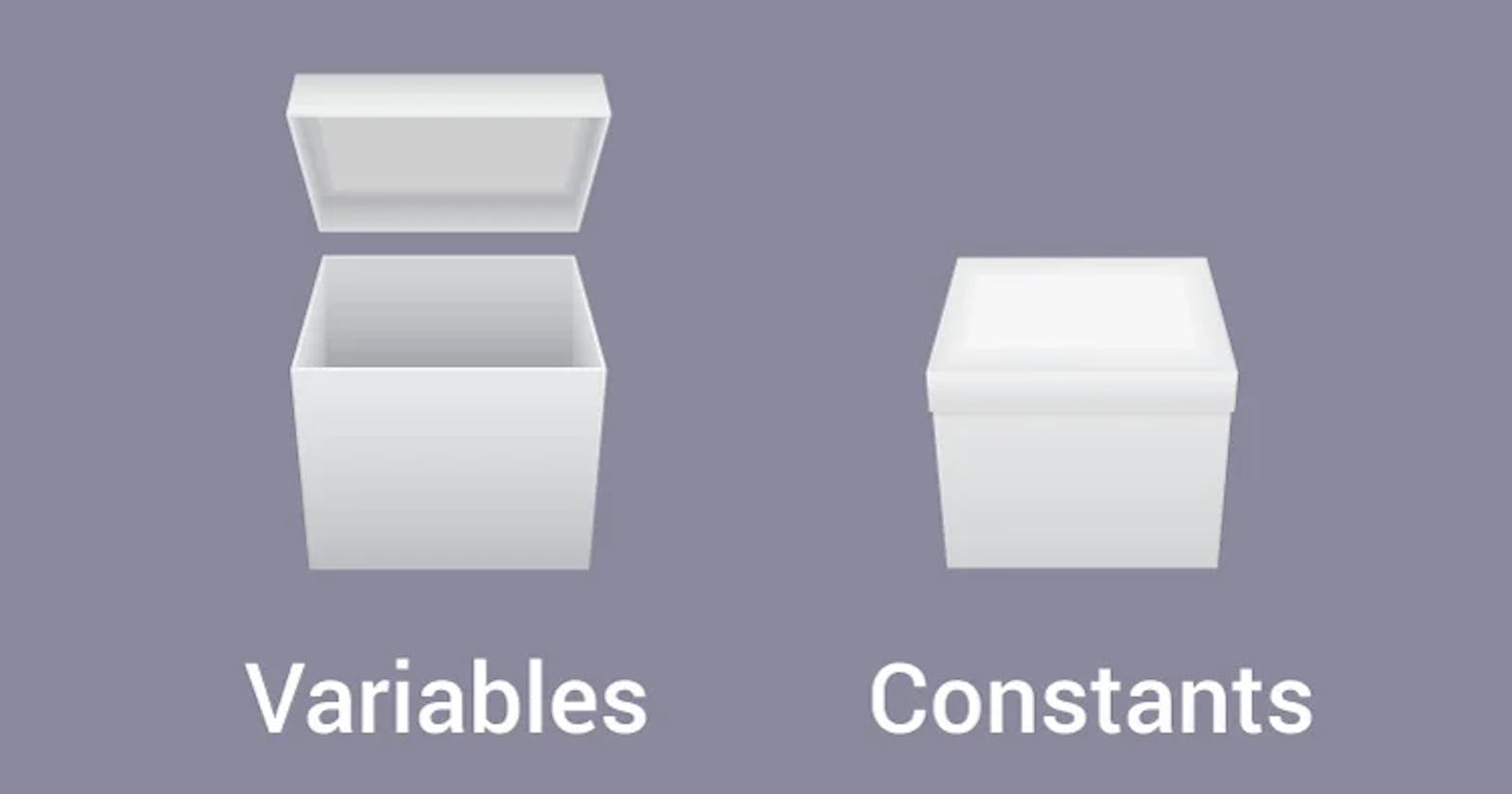Variable
Variables are for storing data values. In Golang there are available data types for variables are string, int, boolean, and float32.
There are 2 ways to declare the variable
First way is to declare a variable using the
varkeyword- Second way is to declare a variable using the
:=sign
Syntax
var variablename type = value
Declaring variable needs to specify with type or value.
Example:
package main
import ("fmt")
func main() {
var a
fmt.Println(a)
// output: syntax error: unexpected newline, expecting type
}
If we define the variable without type it will return an error, which means when we don’t want to provide value it requires defining the type of the variable. The correct way to write variable without value is
package main
import ("fmt")
func main() {
var a int
fmt.Println(a)
// output: 0
}
Now coming back to the var keyword to how to declare a variable with the syntax:
package main
import ("fmt")
func main() {
var variable_1 string = "Hello world!"
fmt.Println(variable_1)
// output: Hello world!
}
Another way is to declare a variable with the := sign, It’s syntax is
variablename := value
When a programmer will use the := sign they will need to assign a value of the variable or not it will return a program error.
package main
import ("fmt")
func main() {
a :=
fmt.Println(a)
// output: assignment mismatch: 1 variable but fmt.Println returns 2 values
// output: undefined: a
}
Writing an example program to work with := sign
package main
import ("fmt")
func main() {
a := true
fmt.Printf("Value: %t, Type: %T", a, a)
// output: Value: true, Type: bool
}
You can check the format type from fmt formatting. There is another way to declare variables with the below syntax
var variablename = value
Above syntax and := sign type variable is inferred meaning that the compiler decides the type of the variable, based on the value of the variable.
Example:
package main
import ("fmt")
func main() {
var var_1 string = "String 1"
var var_2 = "String 2"
var_3 := "String 3"
fmt.Printf("%s, %s, %s", var_1, var_2, var_3)
// Output: String 1, String 2, String 3
}
There are differences between var and :=
| var | := |
| Can be used inside and outside functions | Can only be used inside functions |
| Variable declaration and value assignment can be done separately | Variable declaration and value assignment can not be done separately |
Constant
The const keyword declares the variable as "constant” that’s means the constant variable is only read-only and unchangeable.
- A constant variable name in uppercase letters for easy identification from others variables.
- A constant can be declared inside a function or outside of the function.
Example Syntax:
const CONSTNAME type = value
Example:
package main
import ("fmt")
const PI = 3.14
func main() {
fmt.Println(PI)
}
Two types of constant
- Typed constant
- Untyped constant
The typed constant is basically declaring the data type for the constant.
Example:
package main
import ("fmt")
const a_var int = 10
func main() {
fmt.Println(a_var)
}
The Untyped constant is not declaring the data type for the constant.
Example:
package main
import ("fmt")
const b_var = 20
func main() {
fmt.Println(b_var)
}

